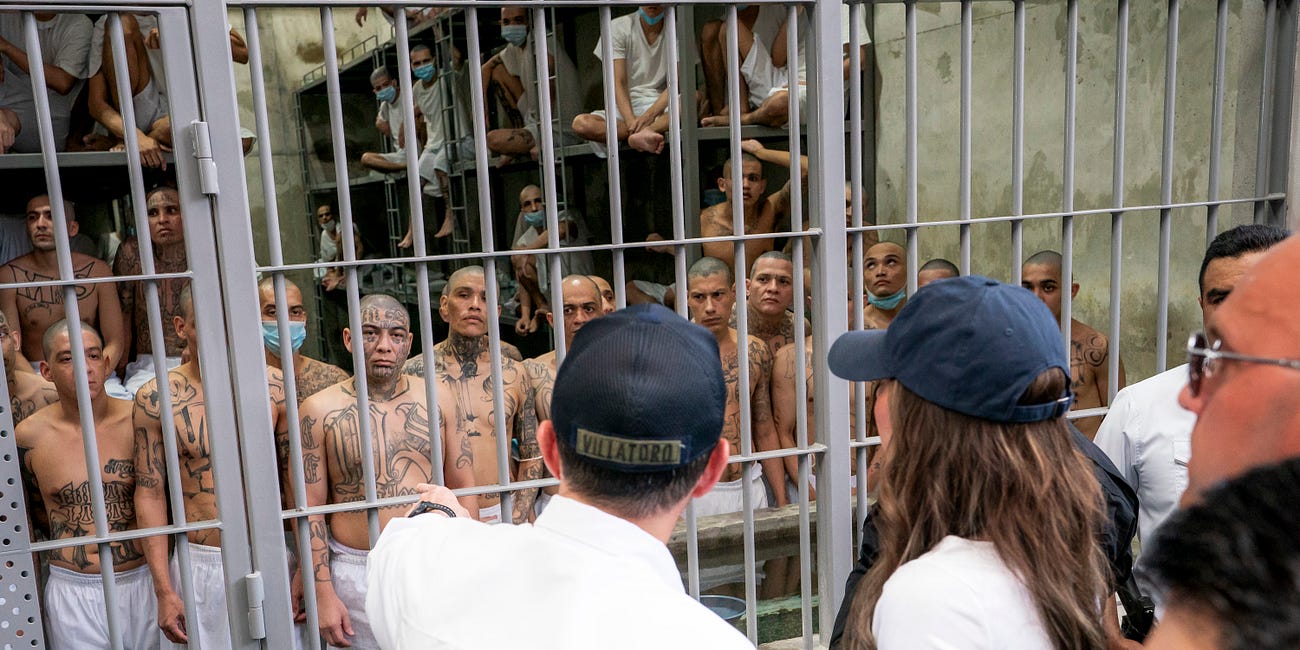ADDENDUM O: THE PARADOXES OF POLICE POWER, JUDICIAL SELF-UNDERMINING, AND SOVEREIGNTY
Ruling Against America
Part 1:
Invasion USA
Issue PresentedThanks for reading Autodidact Obsessions! Subscribe for free to receive new posts and support my work.
---
I. Introduction: The Nature of Police Power and Its Constitutional Role
The police power is the sovereign authority to enact, enforce, and execute law within a defined territory. While classically associated with the states, in matters involving immigration, foreign relations, and national defense, that power is federally preempted and constitutionally assigned to the Executive and Congress. The judiciary interprets law but does not possess direct enforcement power, and thus depends on the existence of uncontested U.S. sovereignty within its territorial jurisdiction.
When courts obstruct the Executive from removing or neutralizing foreign-aligned threats—while lacking the ability to enforce their own supremacy—they paradoxically enable the erosion of U.S. police power, including their own.
---
II. First Paradox: The Judiciary Cannot Exist Without U.S. Sovereignty, Yet Undermines It
A. Judicial Authority Derives from Sovereign Control
Article III courts derive their legitimacy from the Supremacy Clause and the Constitution's grant of judicial power over cases arising under U.S. law.
That judicial power only functions where U.S. law is actually enforceable.
> “Laws are a dead letter without courts to expound and enforce them.” — Marbury v. Madison, 5 U.S. 137, 163 (1803)
B. When Foreign Actors Displace Law Enforcement, Judicial Authority Collapses
Foreign criminal or paramilitary actors that control territory or populations within the United States create zones of lawlessness or foreign allegiance.
If U.S. courts prohibit Executive removal and simultaneously lack police enforcement capacity, they permit a de facto foreign sovereignty to emerge.
Courts thus undermine the territorial supremacy of the very law they are sworn to interpret.
---
III. Second Paradox: Procedural Absolutism Becomes Jurisdictional Suicide
A. Due Process Becomes a Tool of Occupation
Judicial insistence on individualized due process for all unlawful entrants, regardless of number or context, prevents effective enforcement when asymmetric infiltration exceeds system capacity.
Foreign adversaries weaponize this rigidity: invoking U.S. legal protections while advancing non-civilian objectives (e.g., criminal enterprise, paramilitary operations, espionage).
> This is lawfare, wherein U.S. courts become instruments of enemy strategic delay, not guardians of justice.
B. Courts Require Enforcement, but Deny Enforcement Capacity
The judiciary commands Executive compliance with judicial rulings, but simultaneously:
Blocks expedited removal,
Requires individualized hearings,
Disables emergency action even when public safety is at stake.
> This creates a false supremacy: judicial authority without enforceability, hollowing out sovereignty from the inside.
---
IV. Third Paradox: The Judiciary Enables Police Power Transfers to Foreign Actors
A. What Is Police Power in Practice?
Police power includes the ability to coerce, detain, surveil, punish, and protect—essential components of sovereign control.
When foreign-backed criminal or intelligence networks perform these functions within U.S. territory (e.g., PRC police stations, cartel jurisdictions), they are exercising unauthorized police power.
B. Courts That Block Executive Removal of These Actors Functionally Accept Their Presence
Courts refusing to allow Executive enforcement against such actors implicitly validate the continued presence of foreign police systems within the U.S.
This is an unauthorized transfer of police power—a complete inversion of the constitutional order.
> Judicial inaction becomes a form of sovereign recognition, granted not by treaty, but by default.
---
V. Doctrinal Collapse: Sovereignty Requires Unified Police Power
U.S. sovereignty depends on the unitary enforcement of U.S. law. The Constitution does not tolerate:
Dual enforcement systems (e.g., foreign law enforcers within U.S. territory),
Zones of immunity created by judicial delay or obstruction,
Or the reduction of Article II enforcement to judicial permission.
The judiciary cannot survive as a legitimate institution if:
Its orders cannot be enforced,
Its authority is shared with foreign powers,
And its decisions result in loss of exclusive jurisdiction over U.S. territory.
> A court that disables the Executive but cannot itself enforce its will ceases to be a court in constitutional terms.
---
VI. Conclusion: Procedural Absolutism Is Not Constitutional Fidelity
The Founders did not design a judiciary to substitute process for sovereignty. Where foreign adversaries exploit judicial rules to entrench themselves in U.S. territory, and courts prohibit national defense, the judiciary has become an instrument of its own nullification.
This is not just an overreach — it is a self-undermining inversion of constitutional power.
If U.S. sovereignty requires the exclusive right to enforce law, then any judicial regime that prevents the removal of foreign police actors, militias, or infiltrators is a regime that authorizes its own erasure.



